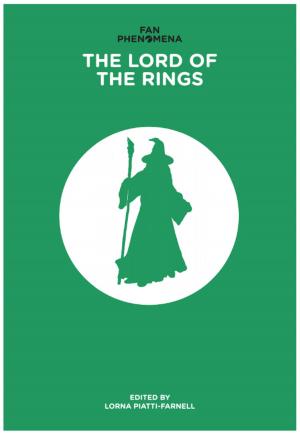The European Information Society
A Reality Check 2003
Nonfiction, Computers, Advanced Computing, Information Technology, Social & Cultural Studies, Political Science, International| Author: | Jan Servaes | ISBN: | 9781841508931 |
| Publisher: | Intellect Books Ltd | Publication: | January 8, 2003 |
| Imprint: | Intellect | Language: | English |
| Author: | Jan Servaes |
| ISBN: | 9781841508931 |
| Publisher: | Intellect Books Ltd |
| Publication: | January 8, 2003 |
| Imprint: | Intellect |
| Language: | English |
This series consists of books arising from the intellectual work of ECCR members. The globalisation of social, cultural and economic relations is facilitated, and at the same time conditioned by developments in the information and communications technologies (ICT) and infrastructure. Human knowledge brought mankind from an oral to a literate culture, thanks to the invention of the print media. The development of the electronic media in the last century paved the path for the information age, in which spatial and temporal constraints are lifted. ''In every society, the production, distribution, and use of information play vital roles in the management of events… The development of these Information Societies has been characterized by the innovation and adoption of technologies, changes in mass media systems, and changing patterns and procedures for individual and group decision-making. Attention has shifted in these societies from the development and utilization of technologies to a concern for their impact upon each society'' (Edelstein, Bowes & Harsel, 1978: vii). The consequences of this revolution in human communications are multidimensional in character, affecting economical, political and social life on national, international and local levels.
This series consists of books arising from the intellectual work of ECCR members. The globalisation of social, cultural and economic relations is facilitated, and at the same time conditioned by developments in the information and communications technologies (ICT) and infrastructure. Human knowledge brought mankind from an oral to a literate culture, thanks to the invention of the print media. The development of the electronic media in the last century paved the path for the information age, in which spatial and temporal constraints are lifted. ''In every society, the production, distribution, and use of information play vital roles in the management of events… The development of these Information Societies has been characterized by the innovation and adoption of technologies, changes in mass media systems, and changing patterns and procedures for individual and group decision-making. Attention has shifted in these societies from the development and utilization of technologies to a concern for their impact upon each society'' (Edelstein, Bowes & Harsel, 1978: vii). The consequences of this revolution in human communications are multidimensional in character, affecting economical, political and social life on national, international and local levels.















